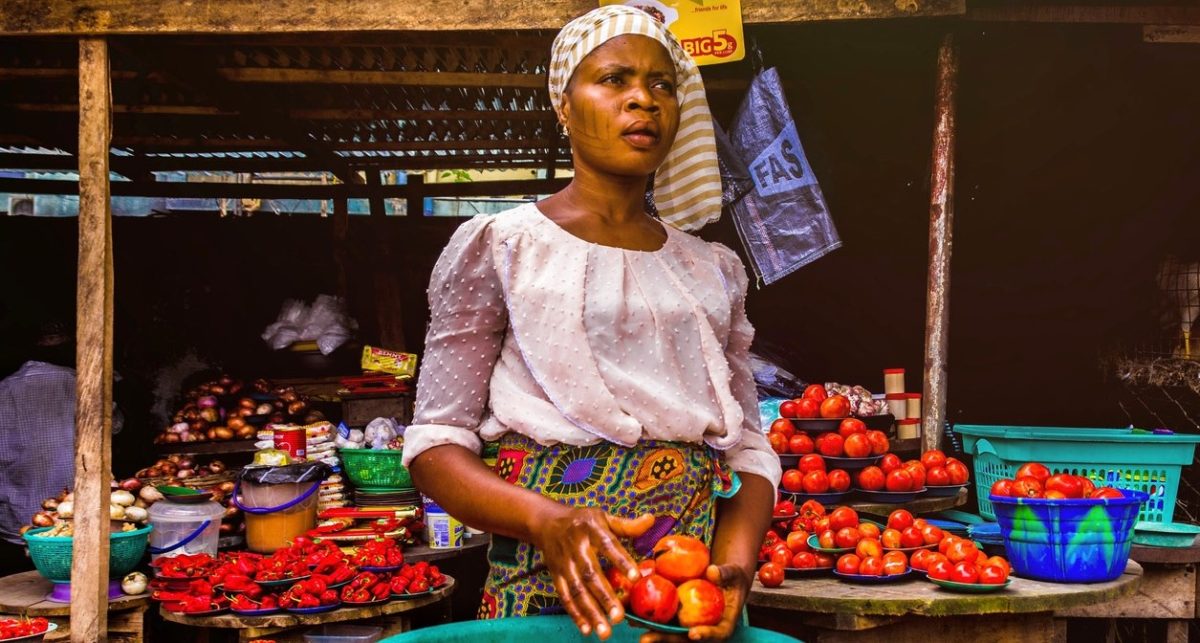Initially convened for 2020 but postponed because of the COVID-19 pandemic and political tensions, the 6th Summit between the European Union (EU) and the African Union (AU) will occur in February 2022.
The objective of this Summit, as outlined in the Joint Communication “Towards a Comprehensive Strategy with Africa“, is to work on five key global trends: Green Transition and Energy Access; Digital Transformation; Sustainable Growth and Jobs; Peace; Security and Governance and Migration.
A simple analysis of these priorities leads indeed to a first striking conclusion. This Joint Communication does not mention agriculture, a sector that represents about 16% of the African GDP and employs 50% of its population. A large part of this population is mainly households depending upon family farming and small-scale food production for their livelihoods. The absence of agriculture in the EU strategy with Africa is even more worrying considering the current situation in the African continent. The prevalence of undernourishment in 2020 went back to its 2005 level, increasing significantly in Western and Southern Africa. Causes include climate change, the COVID-19 pandemic, insecurity and political instability, and private sector investments.
While the private sector uses this dramatic situation to lobby for technological innovation and market-led solutions, the literature review is quite nuanced about their impact. A recent report by Misereor states that private actors in Africa are cultivating only 11% of the land they purchased and are exporting an extensive part of their harvest. Their contribution to local market supply and food security remains, therefore, limited. This is particularly worrying as over 25 million hectares of land deals were concluded in 2021 across the continent.
Furthermore, the study by Misereor shows that those cultivating their plots of land in small-scale farming generally achieve higher yields per hectare than large-Scale Land Acquisitions (LSLA). While LSLA can positively impact in terms of infrastructure creation, employment, and spillover effects, their benefits remain limited. On the other hand, negative consequences on the population are dire, including losing access to land and a significant discharge of labour.
Based on this analysis, African and European CSOs have joined forces around a different agenda, promoting agroecology, land rights, corporate responsibility, and inclusion by giving voices to communities affected by corporate abuse, climate change, and land grabbing. We know for instance that agroecology can help small-scale farmers improve yield following ecological approaches and by putting farmers and human rights at the centre. It also allows farmers to develop their agricultural projects on their land and be resilient and autonomous. Joint work with African partners is opening up spaces for CSO consultations and for African actors to give their recommendations on the future partnership between the African Union and the European Union.
Yet, the wheel does not need to be re-invented. International tools and processes exist – such as the draft for a UN Binding Treaty on Business and Human Rights, the proposal for European Due Diligence Legislation, the Paris Agreement, and the UN Declaration on the Right of Peasants – which unfortunately most of European Member States have not ratified. The EU-AU Partnership has to fall into those lines. To be successful, the voices of African local communities have to be listened to and their rights respected and promoted.
Additional reading
See: Our Land is Our Life platform’s statement published ahead of the African and European Foreign Ministers’ Ministerial meeting on 26 October 2021 with the support of CIDSE (EN – FR).
Contact: Vincent Dauby, CIDSE Agroecology and Food Sovereignty Officer, dauby(at)cidse.org
Photo from Pexels by Omotayo Tajudeen

